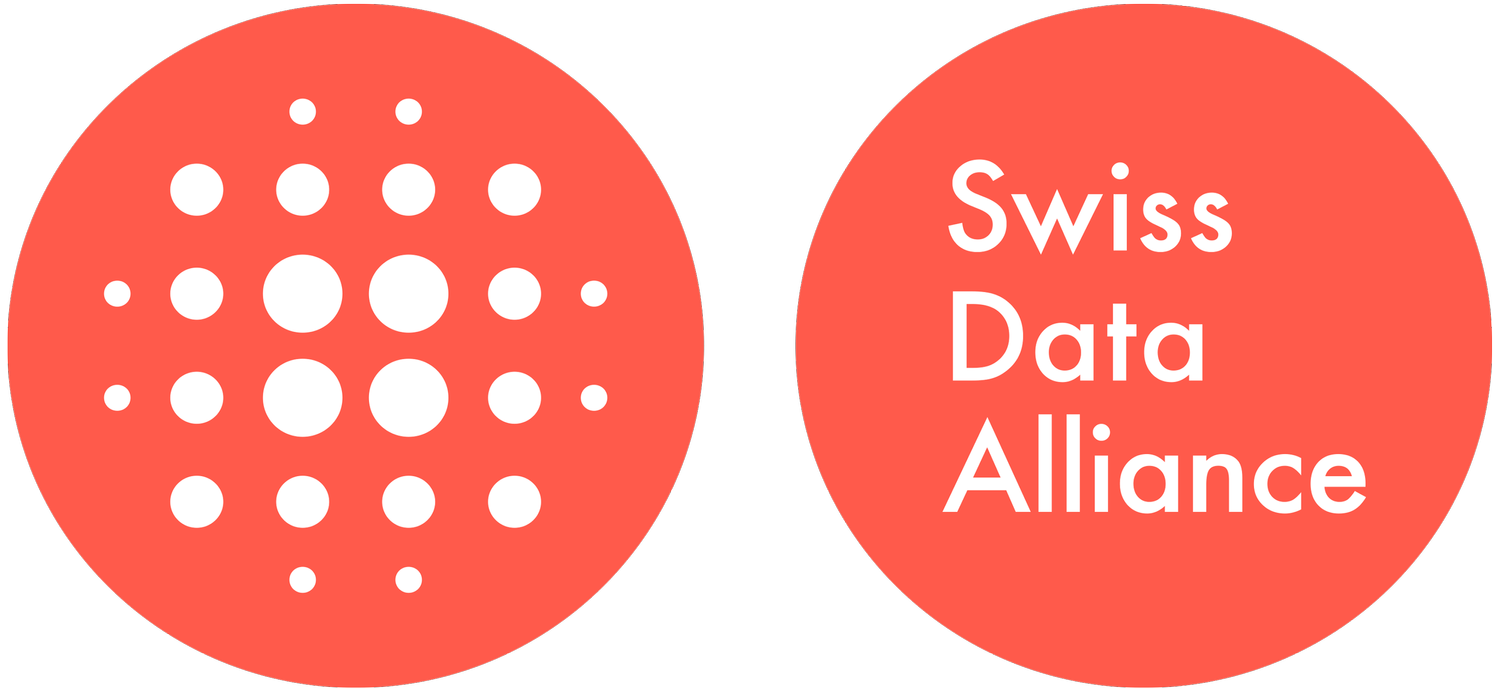Data Literacy
Data literacy encompasses the ability to collect, manage, evaluate and utilize data in a critical and reflective manner in their respective context. This is done in compliance with data ethics principles and data protection.
Furthermore, ethical handling of data takes into account economic, social and ecological aspects of data usage. Awareness of one’s own digital footprint, which is generated when using IT services, is to be regarded as an equally essential element of data literacy.
Data literacy strengthens self-determination and a sense of responsibility and promotes respectful social and economic participation by everyone, in a world characterized by digitalization.
As data, methods, technologies and practices are constantly changing, data literacy requires a culture of lifelong learning and constant mutual dialogue. Taking a long-term perspective, this goes hand in hand with a continuous exchange between data producers and data consumers.
Data literacy makes it possible to:
actively participate as a data producer and data consumer in the opportunities afforded by using data;
handle one’s own and other people’s data consciously and responsibly;
critically assess the fundamentals of modern data-based technologies such as AI and use them appropriately.
For an introduction to the world of data, we recommend the Charter of the Swiss Academies of Arts and Sciences in plain language (PDF).
Source: Data Literacy Charter Switzerland, Swiss Academies of Arts and Sciences (2024).
